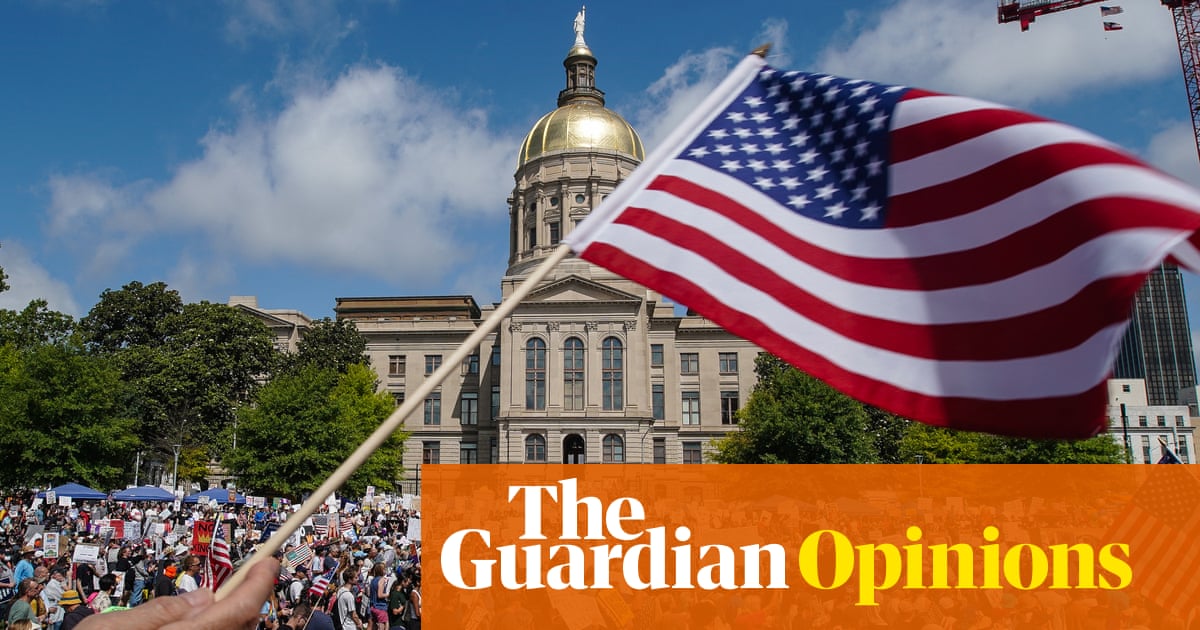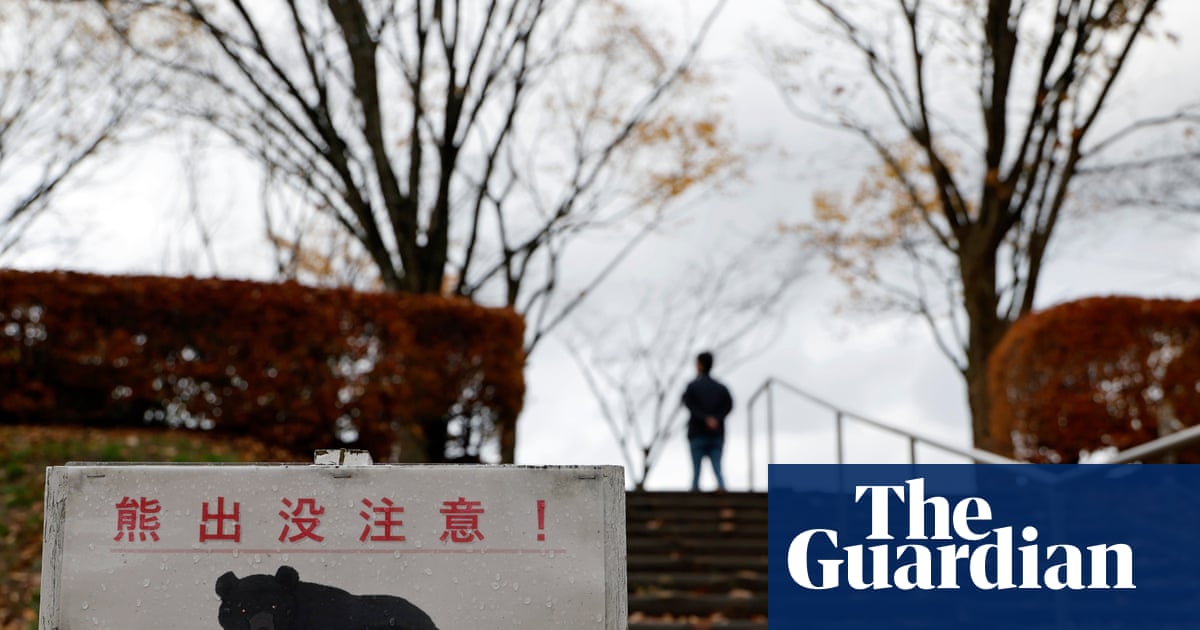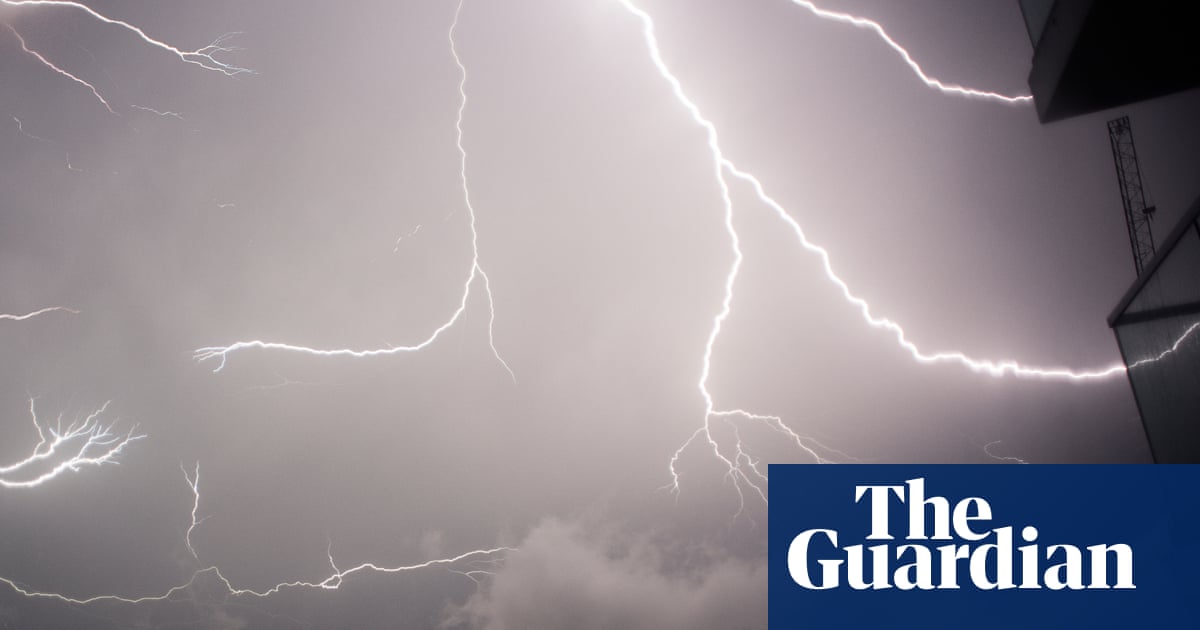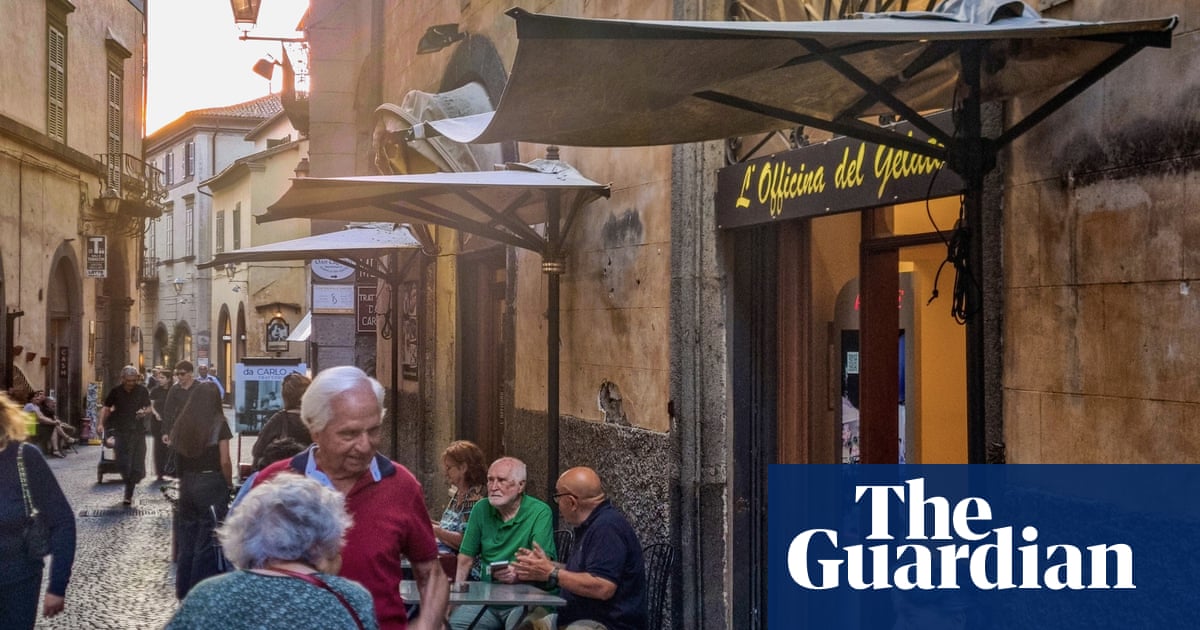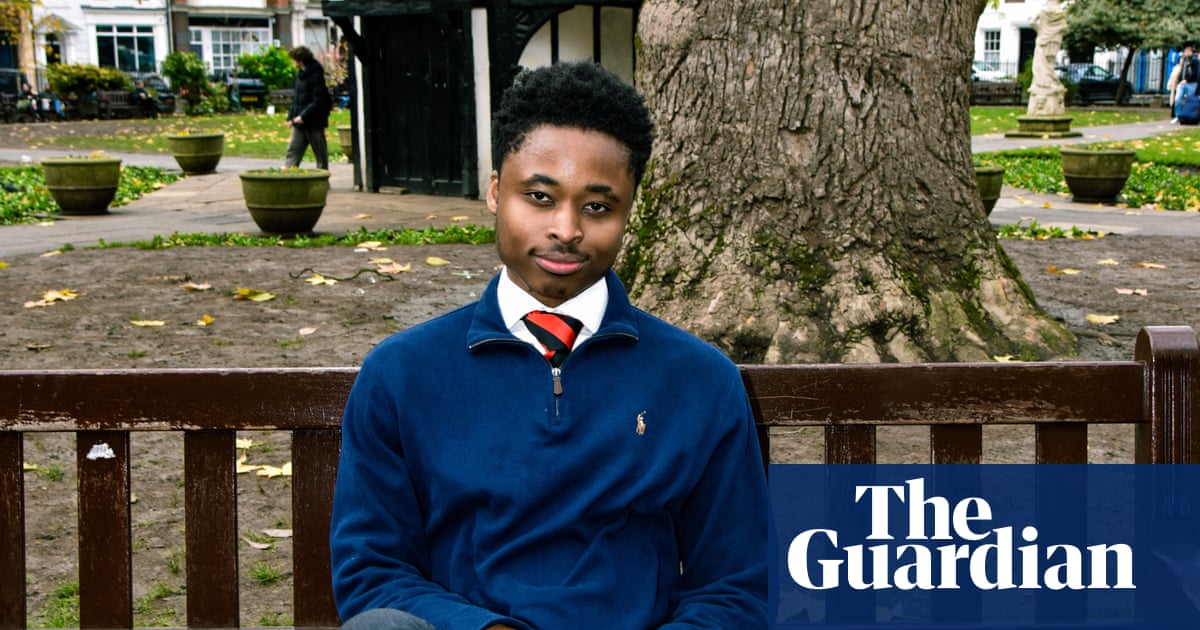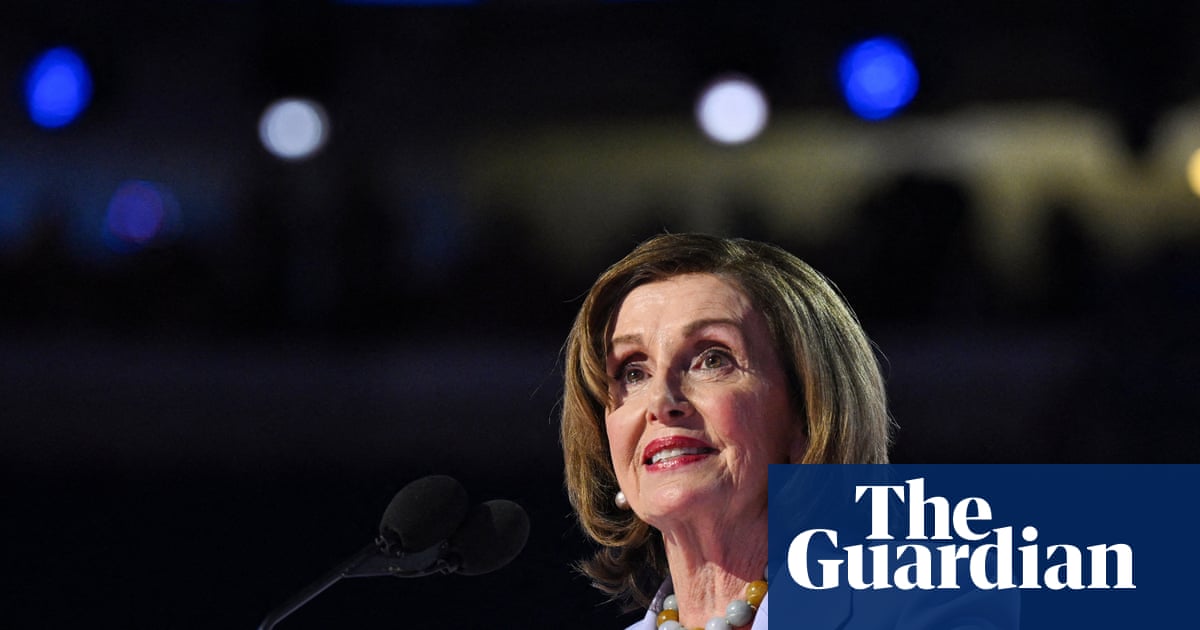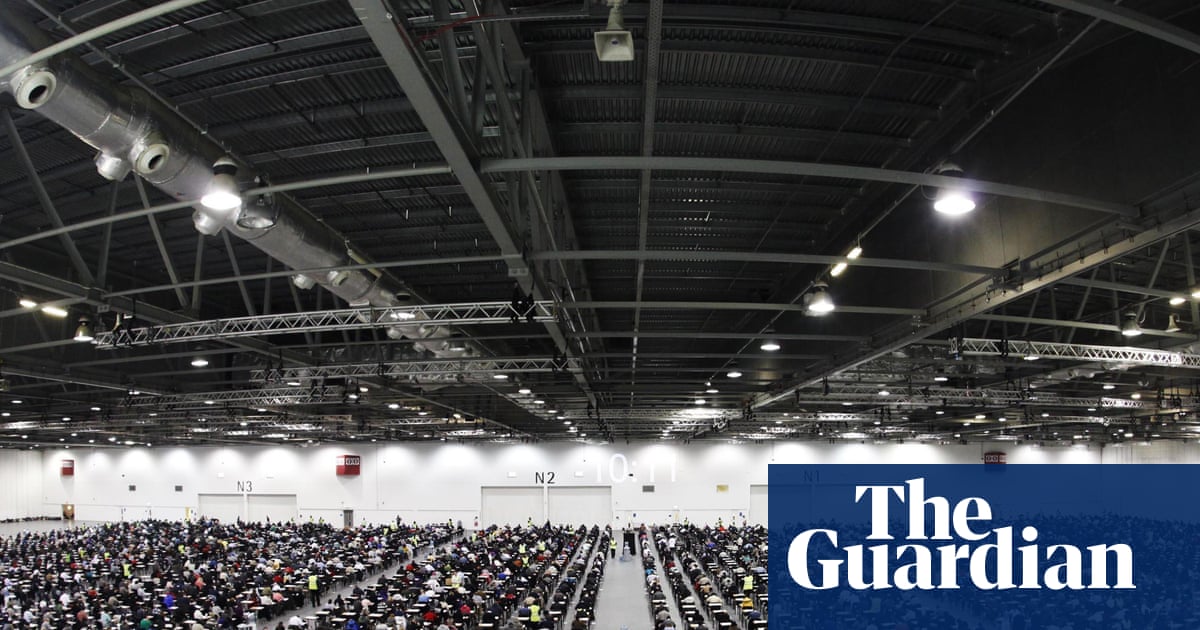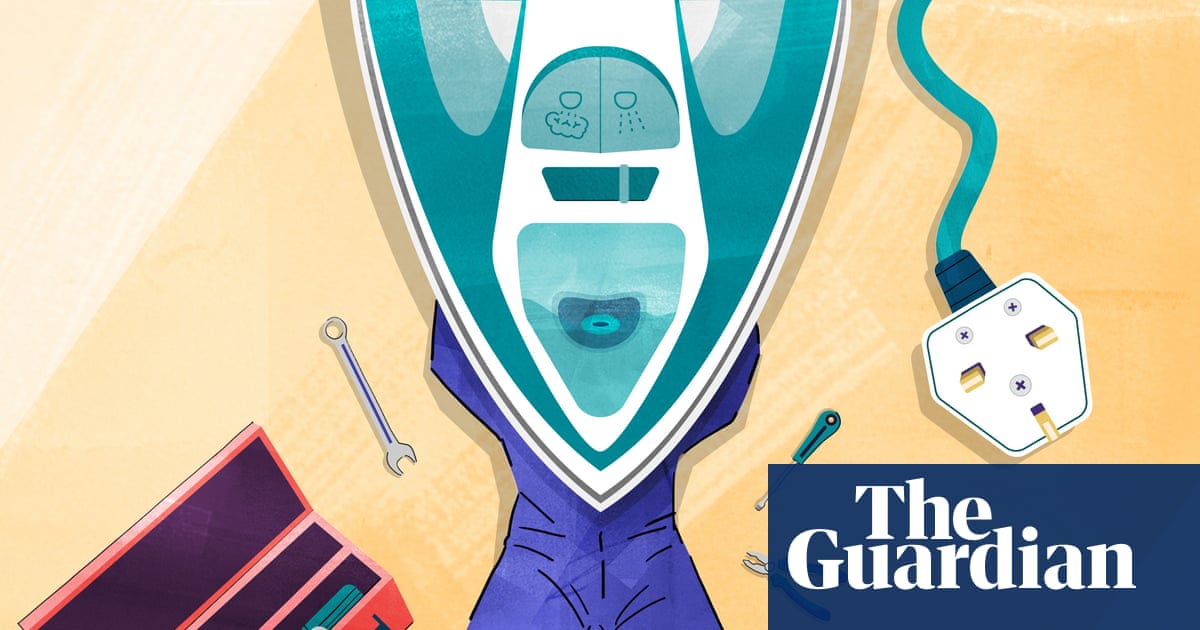In the lead-up to the vote that ejected him from office this week after a mere nine months, the centre-right French prime minister, François Bayrou, appeared stoically reconciled to his fate. “There are worse disasters in life than the fall of a government,” Mr Bayrou observed on national radio, implicitly acknowledging his failure to win backing for a swingeing austerity strategy. On Monday, MPs duly used a debate called by the prime minister himself to oust him.
And so another one bites the dust. The entrance to Matignon, France’s baroque prime ministerial residence, has become a revolving door during Emmanuel Macron’s benighted second term. Lacking a majority in a divided and deadlocked parliament, the president has gone through four premiers in a little over three years. Following the departure of the latest, he announced his intention to appoint a fifth within days, rather than countenance a new election with Marine Le Pen’s Rassemblement National ahead in the polls.
Continuing instability and paralysis in the political mainstream will only enhance the far right’s prospects in presidential elections in 2027. But without a fundamental strategic shift in the Élysée, there is no reason to believe that Mr Bayrou’s successor will fare any better, or last any longer, than he did.
Outlining his budget plans during the summer, Mr Bayrou disingenuously invoked a spirit of collective sacrifice in calling for the reduction of France’s public deficit. But his cost-cutting measures focused on the less well-off, pensioners and those receiving welfare benefits, as he ignored calls to spread the pain upwards rather than downwards. Those political calculations faithfully reflected Mr Macron’s economic priorities, which were encapsulated early on by decisions to abolish a wealth tax and ease the tax burden on big business.
Mr Macron’s fundamental problem is that he no longer has a mandate for this socially divisive agenda. In the snap legislative elections he unwisely called last summer, his centrist bloc finished behind the New Popular Front, a leftwing coalition of parties. Refusing to nominate a prime minister from the centre-left, Mr Macron has pushed on regardless of parliamentary arithmetic, displaying a characteristic lack of humility and an unwillingness to compromise.
In the twilight of a presidency beset by domestic crises and at times civil unrest, a different approach is beyond overdue. As the markets become increasingly restive over the political stasis in Paris, Mr Macron’s immediate imperative is to find a prime minister who can pass a budget before the end of the year. That will not be possible without reaching some form of understanding with the Socialist party, whose refusal to back Mr Bayrou this week sealed his fate.
In exchange, the Socialists’ leader, Oliver Faure, will seek concessions on issues such as the reintroduction of a wealth tax and increasing public investment. Mr Macron will be loth to make them, but it is overwhelmingly in France’s interests that he does so. On entering office, Mr Macron presented himself as the grownup political antidote to the rise of the far right. But the rancorous chaos at the heart of mainstream French politics is the gift that keeps on giving to Ms Le Pen. Finally, belatedly, Mr Macron should accept the consequences of last summer’s snap election and make a deal with the left.
-
Do you have an opinion on the issues raised in this article? If you would like to submit a response of up to 300 words by email to be considered for publication in our letters section, please click here.

 3 months ago
59
3 months ago
59

